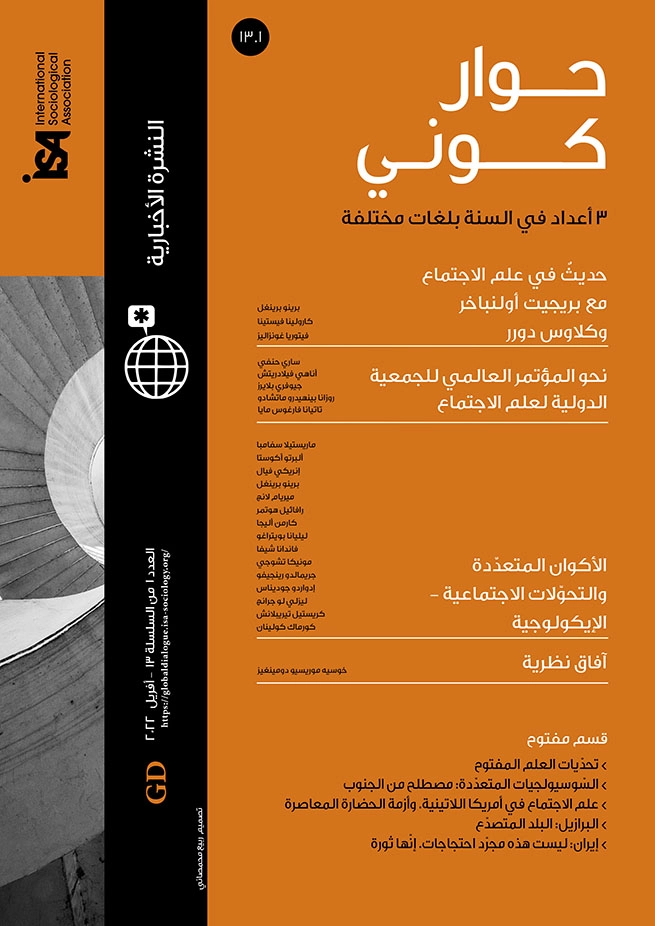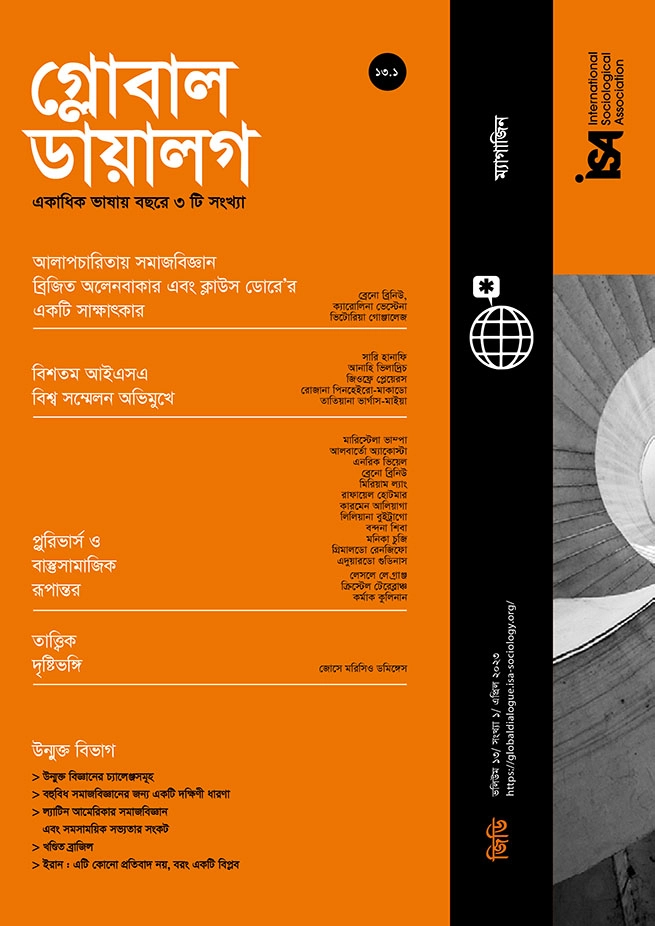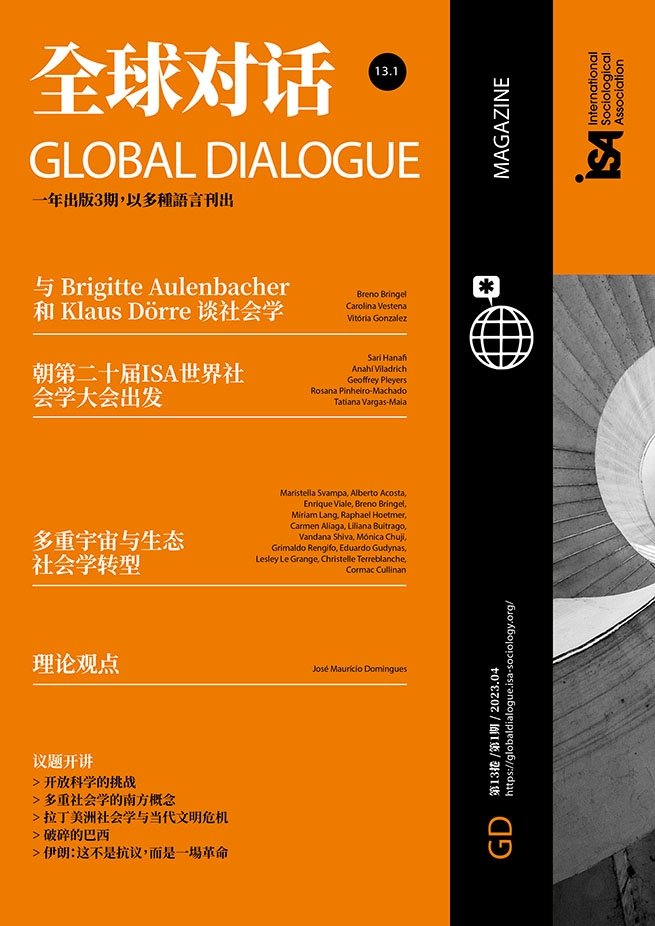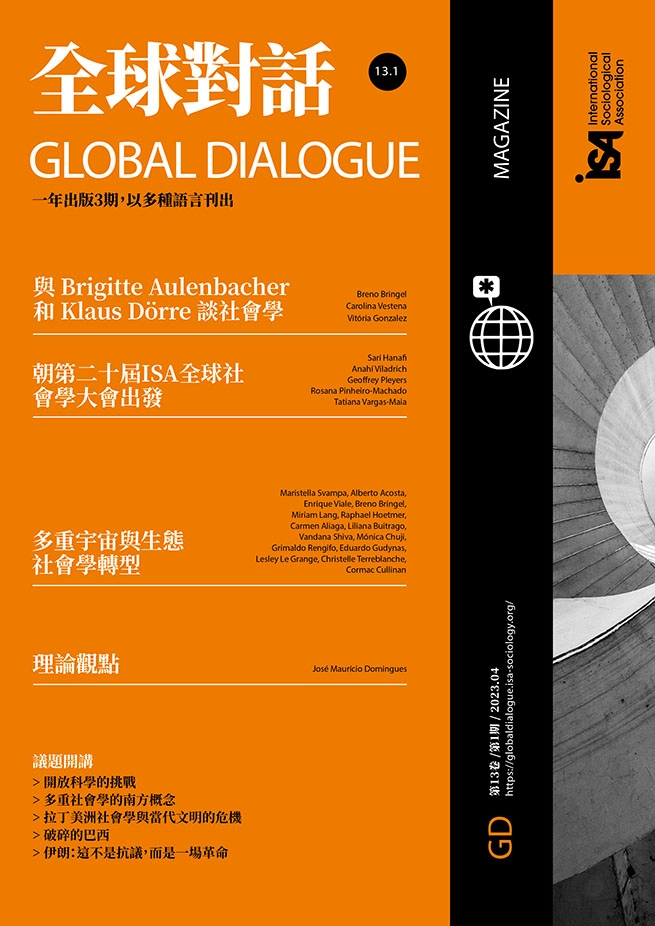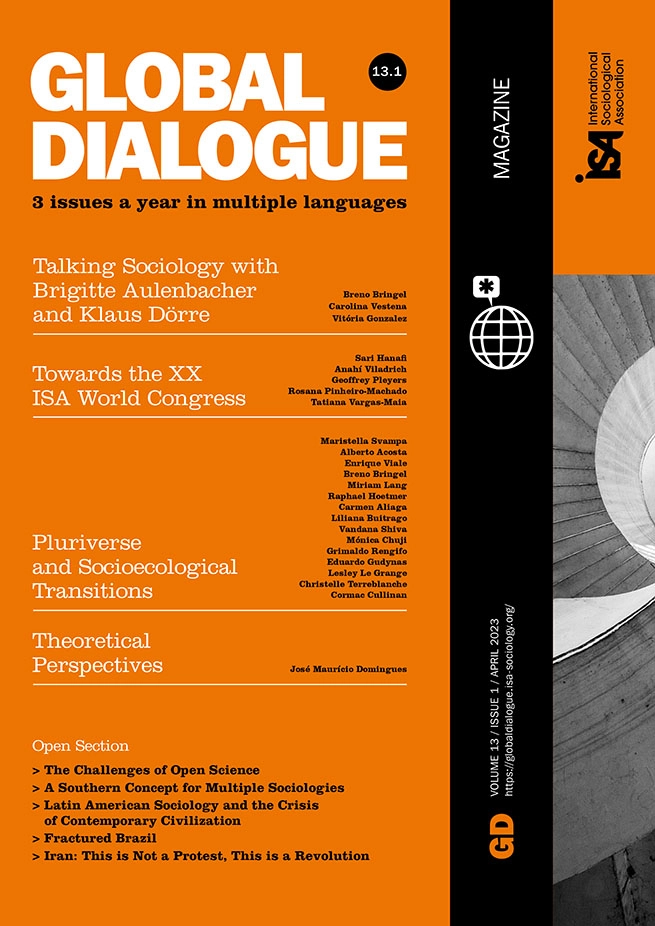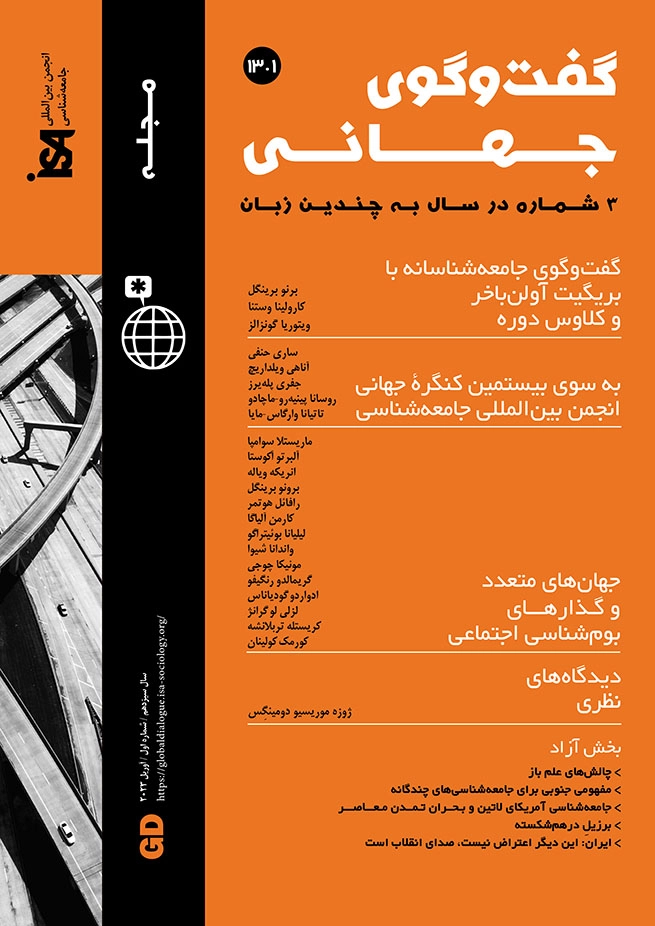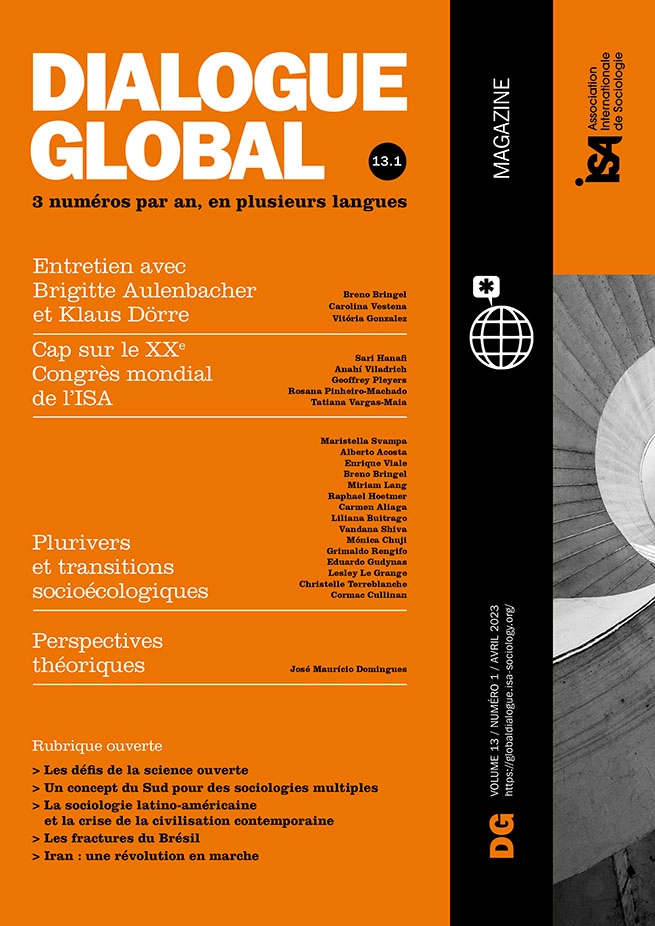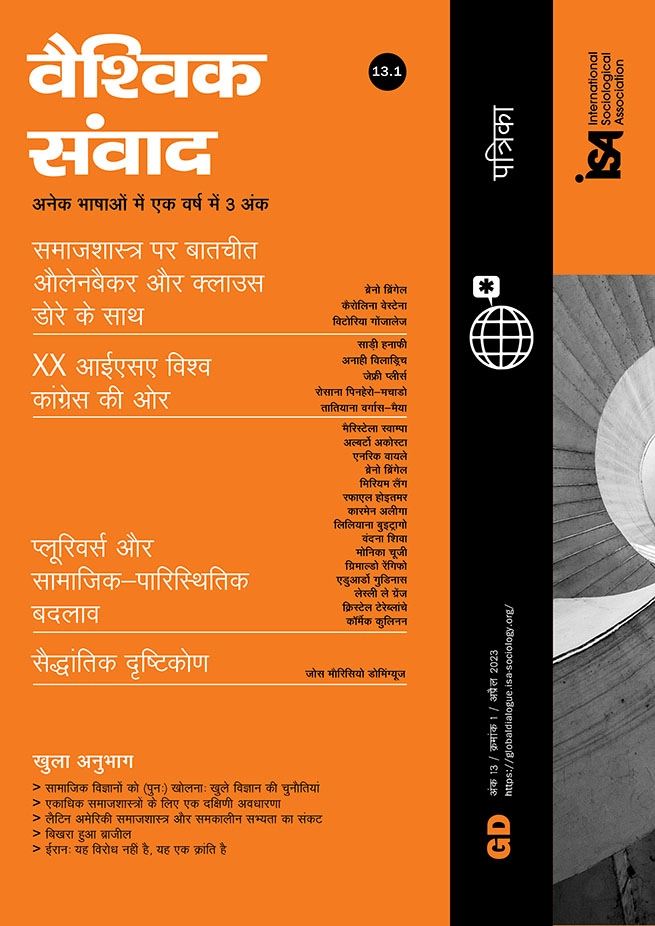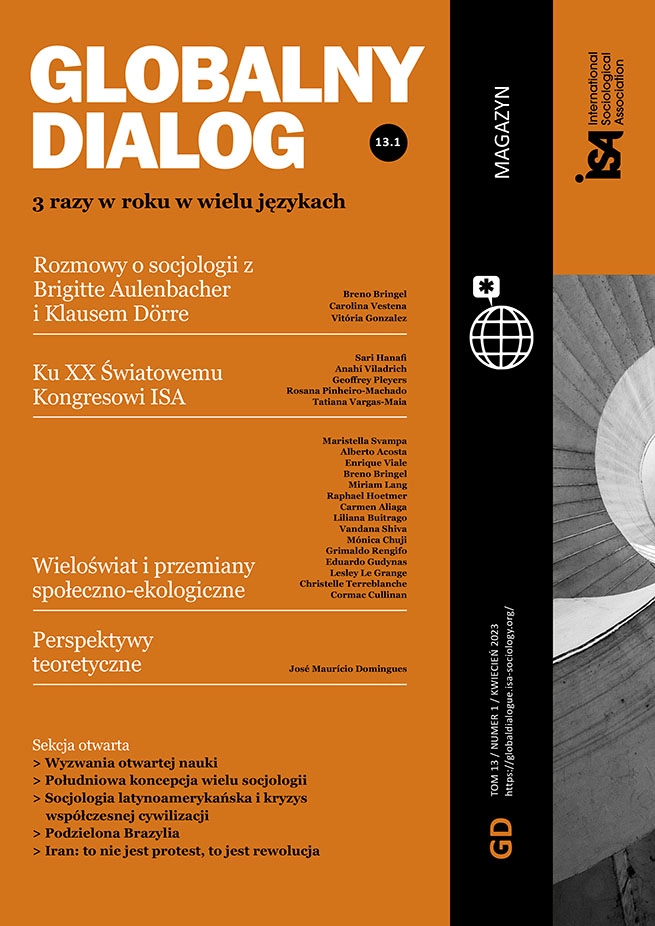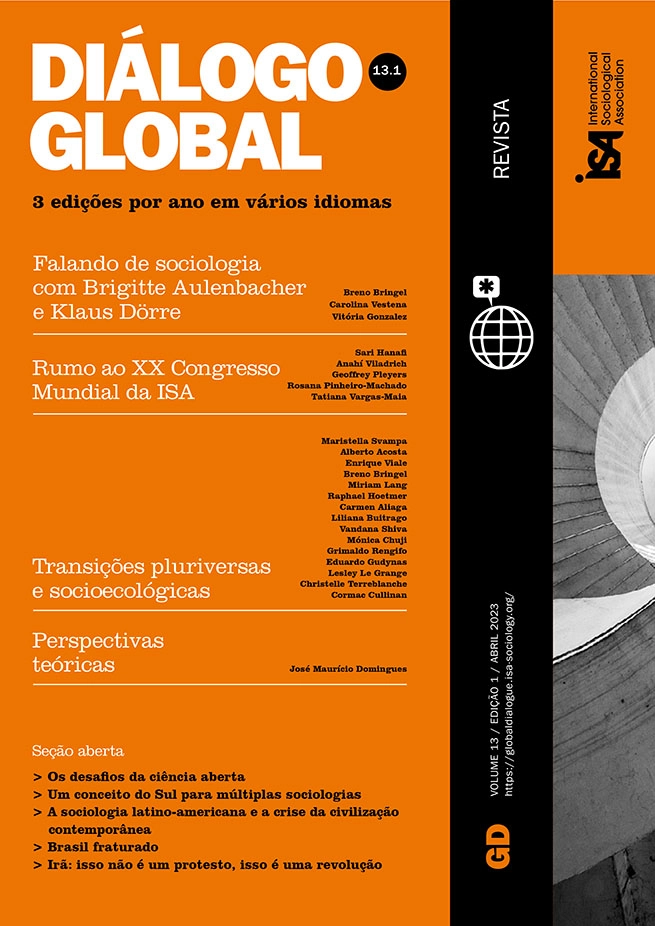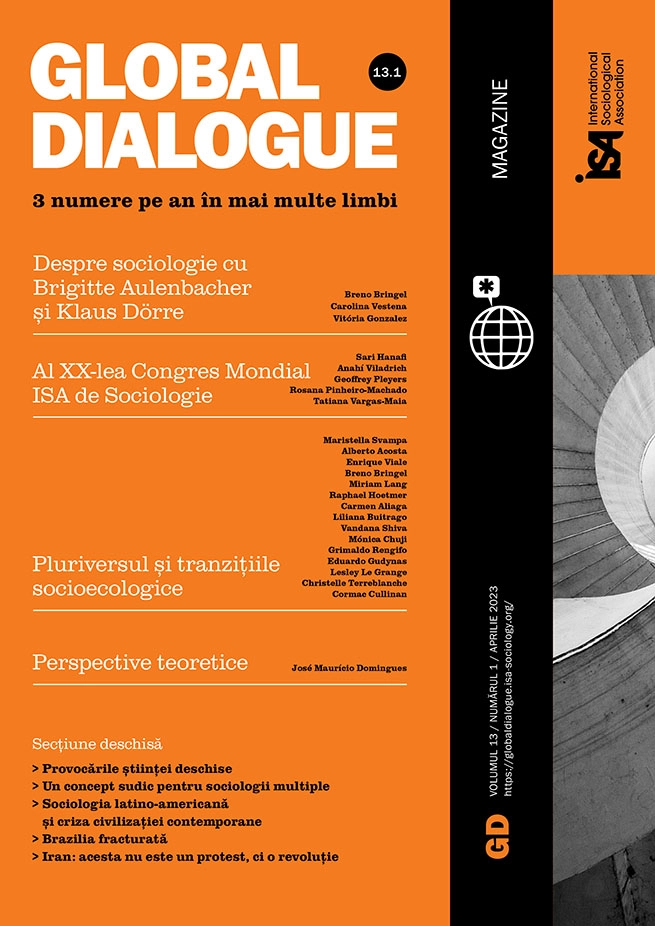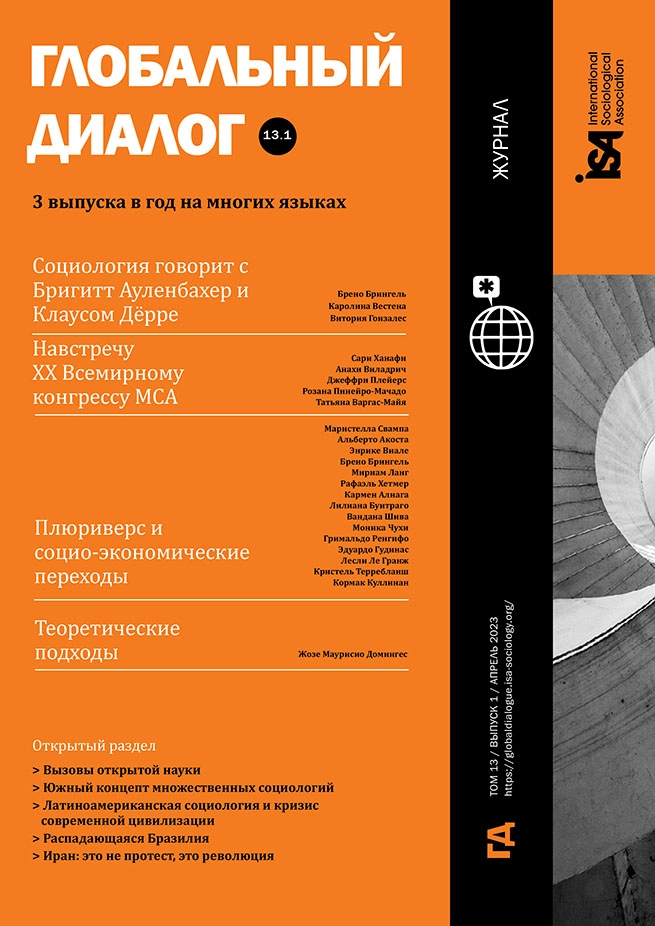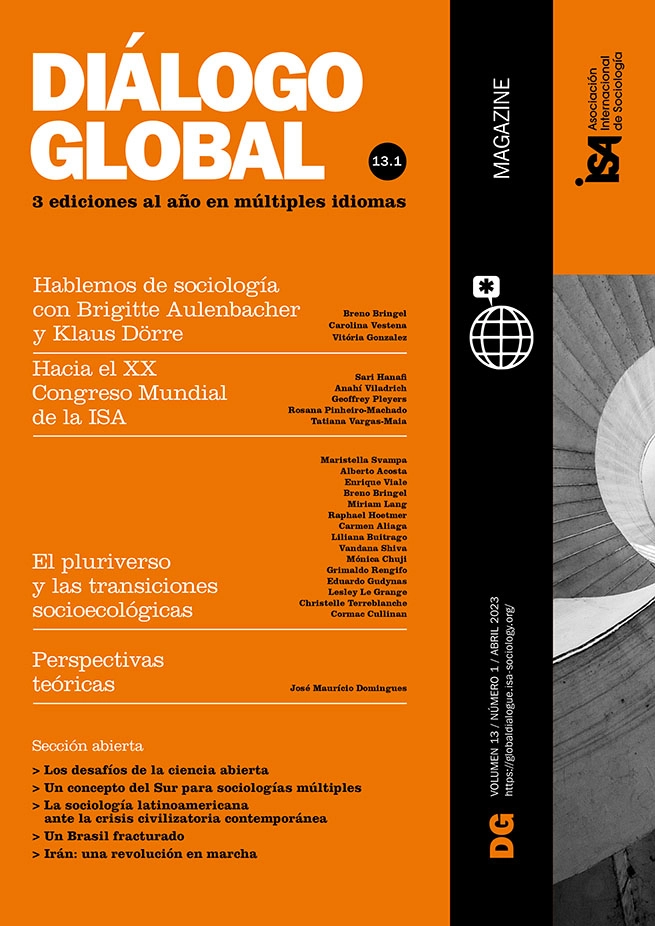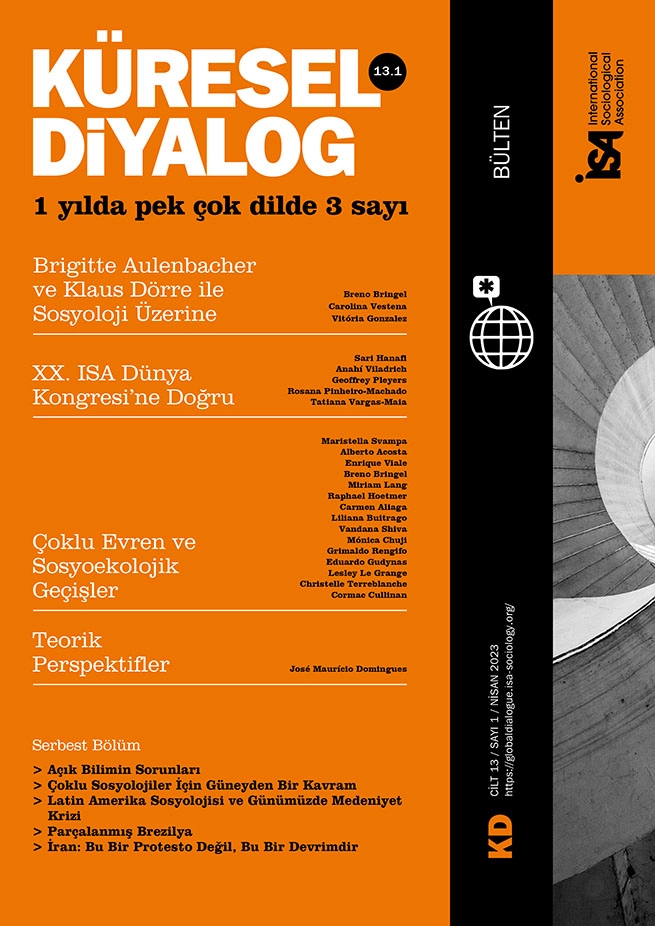“Total sociocultural influence” (TSCI), which is a concept that is not used by modern social sciences, can be defined as a type of sociocultural influence which affects every individual in the community or society without exception. That is, nobody deviates from the norms of TSCI. This is contrary to the mainstream sociological idea that deviance from sociocultural norms is inevitable. And there are indeed numerous publications and university courses on deviance in the USA. It is against this background of compelling deviance in human societies that here I analyze two cases when deviance from some sociocultural norms does not occur, the first one in Tunisian society and the other in all Arab Muslim societies. As such, my concept of TSCI can be seen as falling in line with increasing calls today for “multiple sociologies” and “decolonizing sociology”. My concept of TSCI is the outcome of my observations of the following two specific phenomena.
Prohibition of keeping female animals
Observations show that people in northeastern Tunisia (in the towns of Ras Djabel, Rafraf, Ghar El Melh, Sounine, El Alia and Meteline) strictly do not keep female mules, horses and donkeys. Raising the females of these animals is considered a major social scandal that cannot be accepted according to the norms of the community in the region. This deeply rooted and widespread sociocultural norm among the residents of these towns has even led them to avoid calling non-living items by their feminine names. For example, they substitute the feminine word “camionnette” (van) by the masculine word “camion” (truck). The impact of these sociocultural norms on the behavior of all the residents of the region is total and overwhelming: all residents keep only male mules, horses and donkeys.
As I have said, it is scandalous in the local culture to raise the females of these animals, and even simply mentioning or speaking of female animals in public is usually responded to negatively, with reactions ranging from embarrassment to violent anger. The local culture of refusing to keep female animals makes the locals practically indifferent to the existing sociocultural norms concerning this matter in the rest of Tunisia or beyond.
To explain this phenomenon, my hypothesis is that the land in this region cannot meet the needs of many animals, let alone the potential continuing increase that could result from the presence of females. Yet the residents do need some animals to plough their small plots of land and to carry things when tractors, trucks and cars are lacking. In this context, keeping only male animals has become the best strategy to satisfy their needs.
Circumcision of every male
The concept of TSCI applied to the keeping of animals can also be applied more widely to the Arab Muslim world. All Tunisian Muslims practice the custom of male child circumcision throughout the country. That is, there is no exception among Tunisian families from all classes (lower, middle and upper classes). Indeed, there is no room for deviance from the sociocultural norm of circumcision.
The sociological perspective
My analysis of the two phenomena reveals similarities between the two. In the first case, all residents of northeastern Tunisia refuse to keep female mules, horses and donkeys; in the second one, all Tunisian Muslims engage in the practice and celebration of male circumcision. To the sociological eye, these two phenomena underline the importance of the value of masculinity within Tunisian society in general and for the community in northeastern Tunisia more particularly.
TSCI on behavior appears as a new concept that can hardly be found in contemporary Western sociological literature. The late Immanuel Wallerstein did not appear to recognize the concept of TSCI explained here when he wrote in Sociology in America: “we can take it as a given that the norms of group culture (at all levels) are never fully observed by all members of the group.”
His claim does not reflect the cultural norms of Tunisian society and Arab Muslim societies exemplified in this article. The underlying potential cultural differences between Arab Muslim and Western societies are compatible with the increasing calls today for decolonizing sociology and multiple sociologies, as mentioned earlier. Therefore, the social scientist may legitimately ask: Can TSCI be applied to non-Arab Muslim groups and societies?
Regardless of the answer to that question, understanding and explaining the cause(s) of the powerful TSCI described in the previous examples is of great importance, especially to anthropologists and sociologists. The answer to this puzzle requires research into the cultural systems and the social structures of human societies. These examples underline the credibility of the main hypothesis of this article, stressing the unavoidable TSCI on Tunisian and Arab behavior.
Mahmoud Dhaouadi, University of Tunis, Tunisia, and member of ISA Research Committees on History of Sociology (RC08), Sociology of Religion (RC22), and Language and Society (RC25) <m.thawad43@gmail.com>





